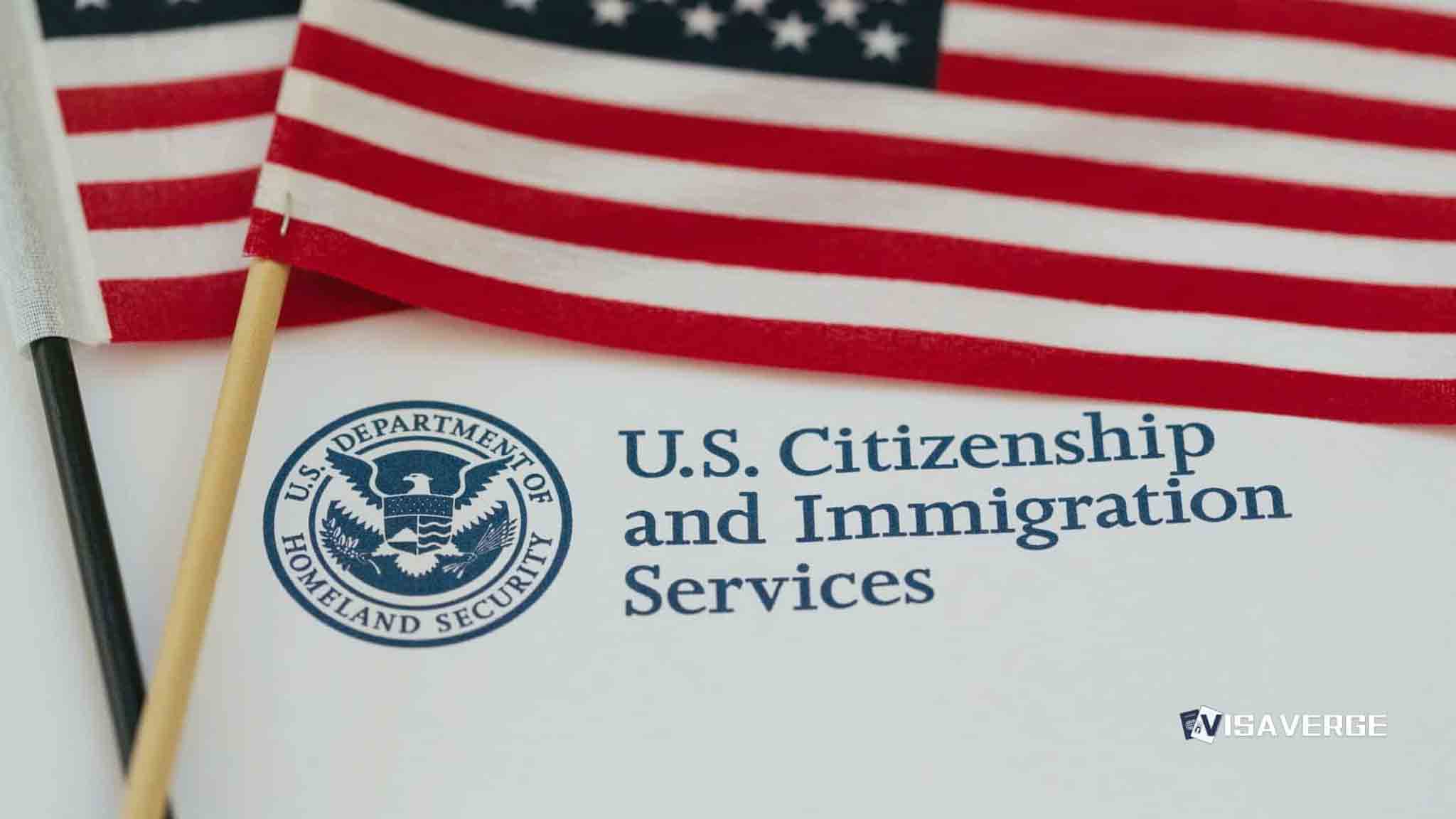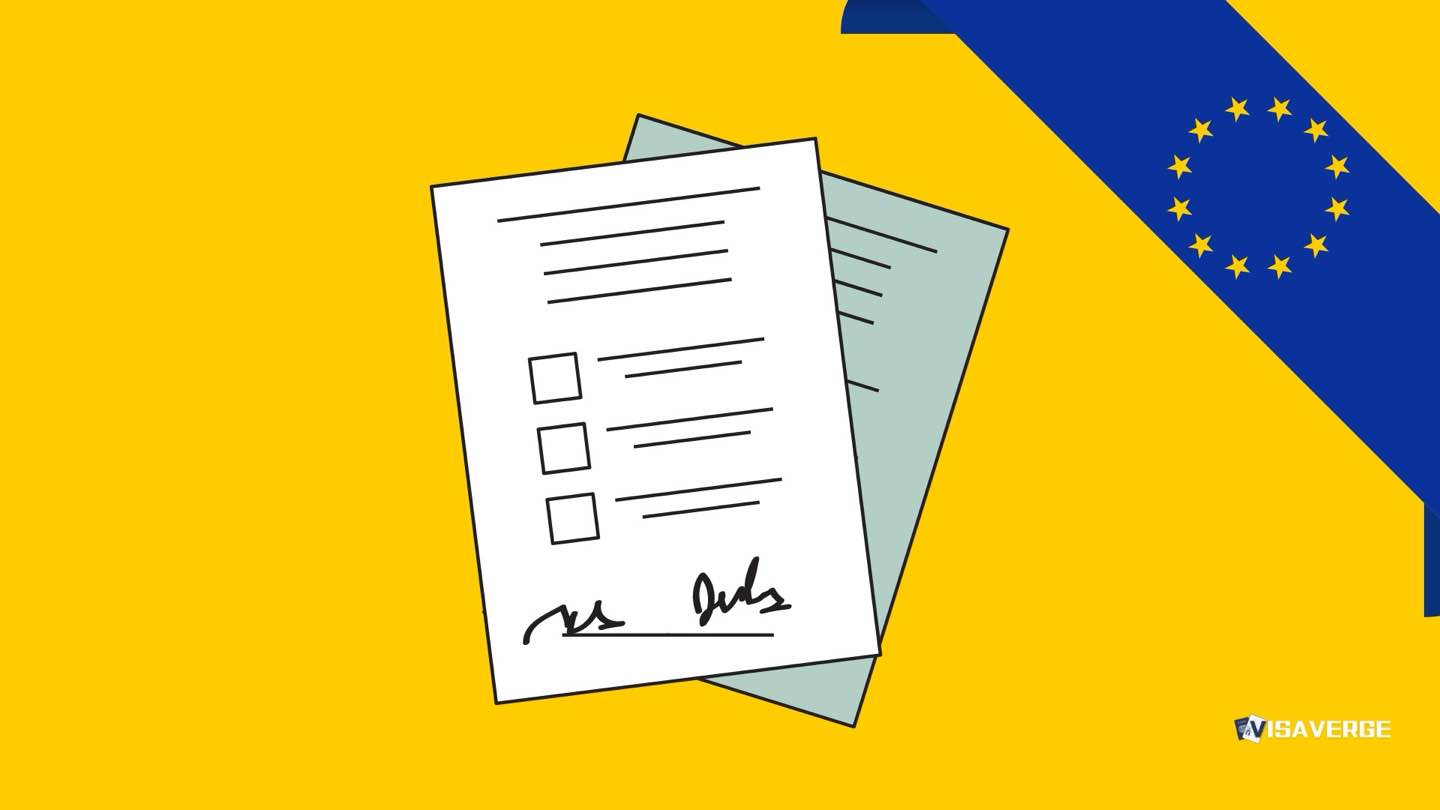(UNITED STATES) Visa applicants who secured interview dates before or during a recent government shutdown are being told to keep those appointments, with U.S. embassies and consulates advising that existing bookings remain valid unless an applicant receives a specific cancellation notice. The guidance, posted in official embassy FAQs, answers a wave of anxious questions from people worried they needed to reschedule their visa interview after federal funding lapsed and some services slowed.
Key guidance from embassies and consulates

The message is simple: if you have an appointment on the calendar and you haven’t been told it’s canceled, show up at the time and place you were given. Officials stress that applicants do not need to reschedule interviews that were confirmed before or during the shutdown.
This position has been consistent across multiple posts from the State Department’s overseas missions. The intent is to keep visa processing as steady as possible even when funding debates in Washington create uncertainty.
Keep your appointment unless you receive a notice saying it has changed.
Why confusion happens during shutdowns
Confusion is common whenever the government shuts down. In past lapses, some consular sections reduced staffing or shifted workloads to essential services, prompting rumors that all visa interviews would be pushed back.
Embassy communications clarify that:
– Any changes are usually targeted, not blanket cancellations.
– New appointments may become harder to find temporarily.
– A consulate might move a limited number of cases if local conditions require it.
– Applicants with confirmed bookings should attend as planned unless directly contacted with a new date.
Impact on families and workers
This approach matters for people who have waited months to secure a time slot. Many plan travel, medical checks, and document collection around the interview window, and even a small delay can ripple through jobs, school terms, and family timelines.
A clear statement that pre-booked interviews stand reduces panic and unnecessary date changes — actions that can cause longer waits and new fees. Analysis by VisaVerge.com shows that self-initiated rescheduling during a shutdown often backfires by pushing applicants into later calendars that fill quickly once normal operations resume.
No-show and rescheduling risks
Embassies caution that missing a visa interview without arranging a new date in advance can be costly. In many posts:
– A no-show can mean the case is closed and the applicant must start again, including repaying fees.
– Some consulates allow a one-time change through the official scheduling portal for genuine conflicts (e.g., illness, emergency travel).
– That one-time option is not meant for general shutdown worries.
Standing advice: keep your original time unless a post tells you otherwise or you truly cannot attend for reasons unrelated to the shutdown.
Exceptions: program pauses (e.g., EB-5)
There are exceptions when a specific visa category is paused because a program lapses during a funding standoff. For example, EB-5 investor visas have faced such pauses in the past when authorization expired.
In those cases:
– Affected interviews are typically canceled.
– Posts commit to reach out when the program restarts.
– Applicants in suspended categories should wait for official contact rather than trying to move their dates.
– Attempting to reschedule during a program lapse rarely helps and can add confusion to case histories.
Where to get updates
Embassies and consulates publish local updates through:
– Their websites
– Customer service centers
These updates include notices about reduced staffing, technical outages, or weather closures that could affect access to consular compounds.
For broader policy details, consult the U.S. Department of State’s overview of visa services at:
U.S. Department of State visa services
Local pages are the best first check for post-specific alerts.
Emergency appointments and proof requirements
For urgent travel tied to medical needs, funerals, or time-sensitive work, consulates keep limited emergency appointment slots. Guidance for these requests:
- Use the post’s standard request channels.
- Explain the emergency clearly and provide proof (e.g., doctor’s letter, employer note).
- Understand that requests are reviewed case by case.
- Recognize that emergency slots are not meant to bypass routine queues for convenience.
During a government shutdown, demand for emergency slots may rise, but posts say they continue to consider emergencies even if routine capacity dips.
Social media confusion and consistent official advice
Applicants report mixed signals often come from social media and private chat groups. A delay in one city may be posted and shared widely as though it applies everywhere.
Official FAQs consistently repeat the same line: keep your appointment unless you receive a notice saying it has changed. This aims to prevent a cascade of self-initiated moves that strain online scheduling systems and reduce open slots for others.
Document procedures and drop-off services
Applicants also worry about logistics tied to document submission. When posts use document drop-off services ahead of the appointment:
– Schedules for those services typically remain the same unless the vendor announces a change.
– Drop-off bookings made before or during the shutdown generally remain recognized.
– If a vendor or post closes for a day, they usually post new instructions.
Applicants should keep receipts and tracking numbers for any documents turned in, as these are important if re-delivery or rebooking becomes necessary.
How to prepare — practical checklist
Consular counselors advise planning for the interview as if it will occur on schedule. Recommended steps:
– Gather required civil documents.
– Confirm passport validity.
– Keep visa photos current.
– Check email and online accounts daily in the days before the appointment for updates.
– If a change happens, expect official channels tied to the case file to provide notice (not social media).
Technical outages and rebooking
In the rare event of a technical outage affecting visa systems:
– Posts usually publish a short notice.
– They often attempt to rebook the affected day’s applicants as a block to reduce individual burden.
– Follow the post’s step-by-step directions rather than trying to seize a fresh date through the portal.
Trying to secure a new date during an outage can create duplicate bookings and delays in security checks, which may slow visa printing even after a successful interview.
Final guidance and contact options
The broader message from consulates during any funding lapse is steady and restrained: keep calm, follow the instructions you already have, and wait for direct communication before making changes.
While “shutdown” suggests a halt, consular sections often maintain essential functions and keep many interviews moving. For more help:
– Use embassy call centers and email forms.
– Reach out to the post for case-specific questions or to request an emergency slot when needed.
Frequently Asked Questions
This Article in a Nutshell
U.S. embassies advise applicants to keep visa interviews scheduled before or during a government shutdown unless they receive an explicit cancellation. Routine appointments generally remain valid; staffing cuts may limit new bookings and certain visa categories (such as EB-5) can be paused, prompting targeted cancellations. Missing an interview risks case closure and fee repayment. Use official embassy websites, call centers, and the Department of State for updates; request emergency slots with documentation when truly necessary.













